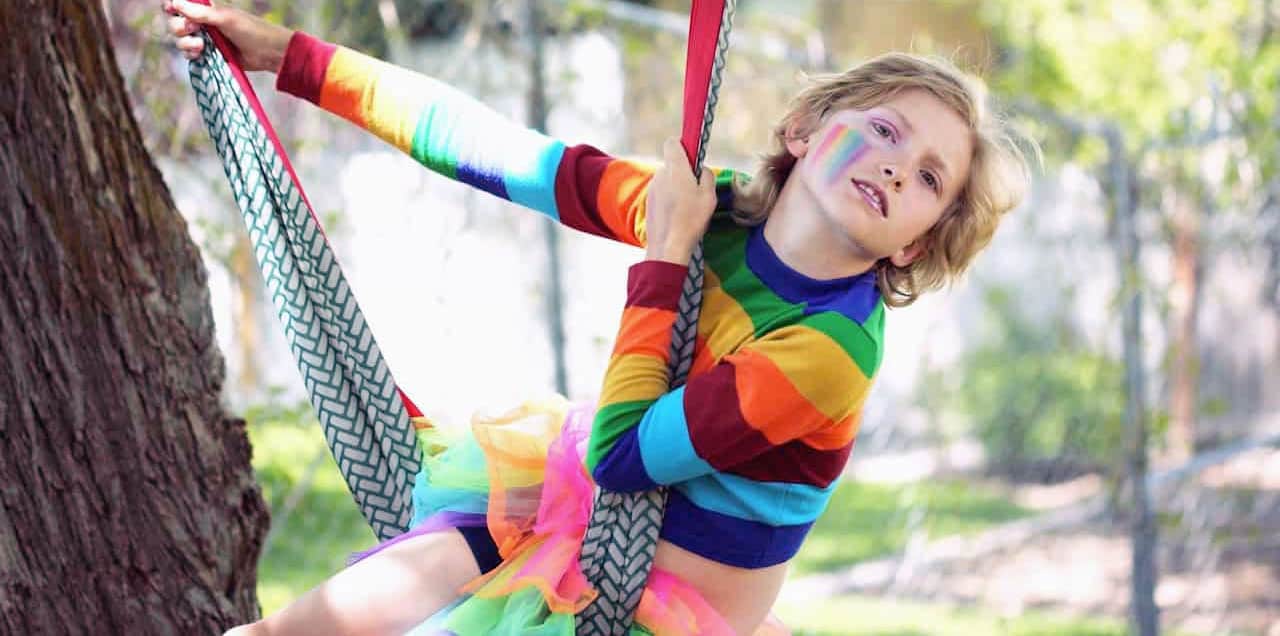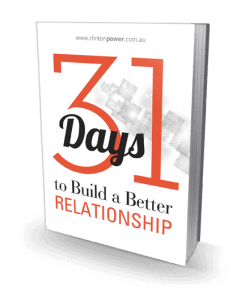STUDY: Supportive Families of LGBT+ Children Leads to Less Bullying
A study of adult LGBT+ people in the UK looked at their life experiences during school life and in the workplace, and found that a supportive family environment makes LGBT+ children less likely to be bullied.
The study found that family support significantly reduces the likelihood that children will be bullied at school. However, the results for bullying in the workplace were less effective.
Support from family can have a significant and positive impact on a child’s self-worth and self-esteem, which can positively affect how people handle bullying and victimisation. A result of parental support during difficult times can be tools and skills to address difficult social situations and prejudices such as homophobia.
Support builds their sense of identity, self-esteem, and control…which might positively impact psychological traits in adulthood. Providing the support during childhood impacts how your child may respond to situations as an adult.
Family acceptance seems to be crucial to ensure that LGBT+ children develop a healthy sense of self while family rejection of LGBT+ children can negatively affect their identity and well-being.
Tips for supporting your LGBT+ child
It can be difficult to know how to support your child when they tell you they’re LGBT+, especially if you’re not LGBT+ and don’t immediately empathise or understand what they’re experiencing. One of the most important steps is to let them know that you love and accept them.
Here are 7 other tips to help you better support your LGBT+ child:
Be a good listener: let your child share and express their thoughts and feelings, both with you and with others.
Speak the language: there are a lot of terms and phrases that are used in the LGBT+ community to describe different experiences. Becoming familiar with the jargon can help you to have a better understanding of your child and their needs, while also facilitating more informed discussions.
Show minor and regular reassurance: support doesn’t have to be a big gesture, subtle and on-going reassurances can be even more impactful, such as the inclusion of or speaking positively about an LGBT+ person.
Advocate and be involved: Your child will likely need help advocating for their needs. As a parent, you can step in and advocate for them. Advocacy can be particularly helpful at your child’s school, speaking to counsellors, teachers, and administrators.
Your feelings (and your child’s feelings) are valid: whether you feel happy, sad, angry, relieved, or any other emotion that may or may not surprise you, what you feel when you learn that your child is LGBT+ is valid. These emotions are healthy, and it’s okay to feel all of them or none of them. It’s okay if your feelings change as you go through this journey with your child, too.
Talk to a professional for added assistance: a therapist who understands LGBT+ issues can help you to deal with conflicts you may be experiencing as you go through this journey with your child. They can also provide you with additional resources to facilitate you and your child’s journey. PFLAG is another great resource where you can connect with other parents of LGBT+ children to get support for yourself.
Be open-minded: your child deserves to be loved and accepted. Try not to think about it in terms of ‘right and wrong’ but instead of love and support. Let your child know that you love them and use this new journey as an opportunity to learn and grow together.
The take-away
Children need love, support, acceptance, and advocacy to develop the skills and tools that help them successfully and happily navigate life. Constructively dealing with bullying is one way your child may learn to handle challenges. As a parent, you can provide a positive infrastructure in your child’s life, which will allow them to overcome difficulties like bullying and prejudice.
Remember that when your child tells you that they are LGBT+, their needs haven’t changed. More than anything else they need to know you love them and will always have their back throughout their life.
Are you a LGBTQI+ person who is struggling with your life or relationships?
If so, contact Sydney Gay Counselling on (02) 8968 9323 to find out how we can help.

